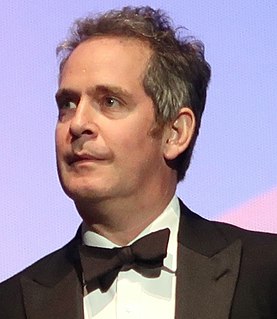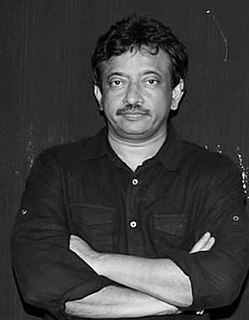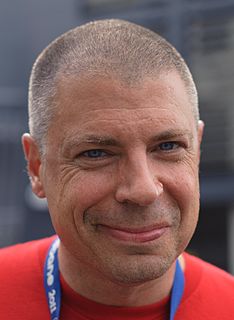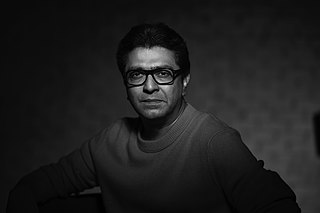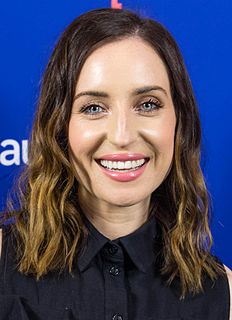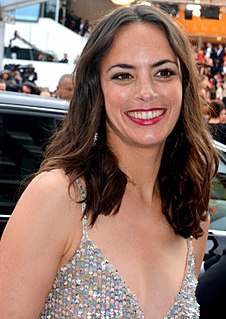A Quote by Rupali Ganguly
In fact, many of us from my generation of actors are in the profession because we were all deeply inspired by Sridevi.
Quote Topics
Related Quotes
So I'm always inspired by my fellow actors. And that's kind of a constant for me. I have huge respect for our profession and our craft. And I seek in my work to create connections, first for me with the character and then the character with the other actors, and then ultimately, all of us together connecting with the audience in a way that sometimes is subliminal, even.
I would almost consider myself a canonical child of Generation X... because I think there is an ethic and aesthetic that goes along with that generation, it may have something to do with the fact that "Never Mind the Bollocks" was released when we were 16-years-old and that was really the album that crystalized a generation.
You can't create chemistry. In fact, the chemistry between two actors is for people to see, sense, and judge. The only thing we can do as actors is to come on board individually because we feel the same kind of passion for a script and for a director to cast us because he feels that, as actors, we'll do justice to that part.
Acting is a difficult profession, it really is. It's different than singing. With singing you may have one song and four people to record it - but they'll all do it differently and they'll all have that option. Whereas with actors there might be one part, and five hundred actors all want the same role - it's so much more competitive. It's an incredibly painful profession because you get so much rejection.
We were that generation called silent, but we were silent neither, as some thought, because we shared the period's official optimism nor, as others thought, because we feared its official repression. We were silent because the exhilaration of social action seemed to many of us just one more way of escaping the personal, of masking for a while that dread of the meaningless which was man's fate.
Television and movies were our biggest teachers. When we came to the United States, the Vietnam War was just ratcheting up. And so the Asian faces that I saw on the news, they were the face of the enemy. Asian men, particularly, were either small, ineffective, or they were evil. And those messages were deeply, deeply embedded in me for many years.

